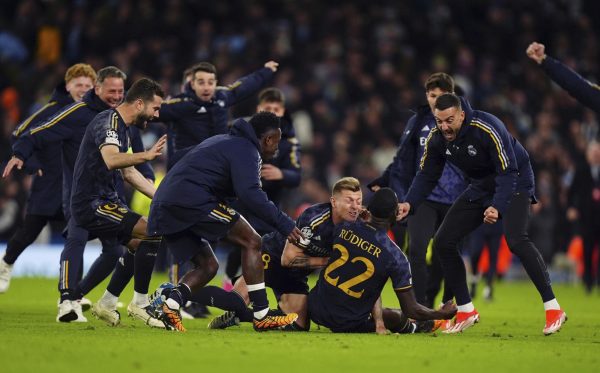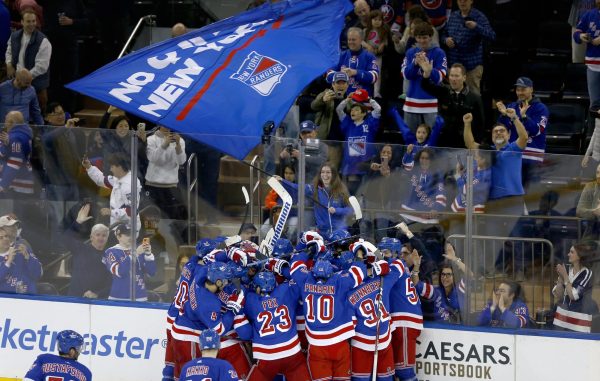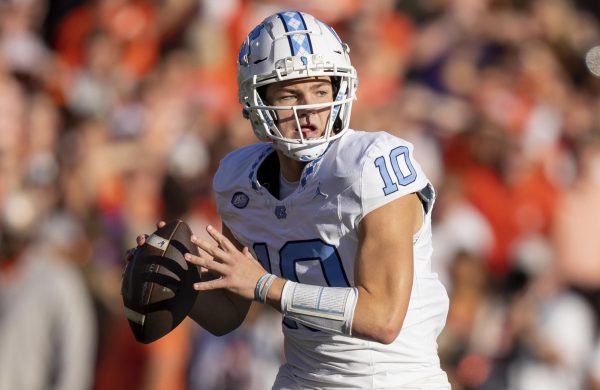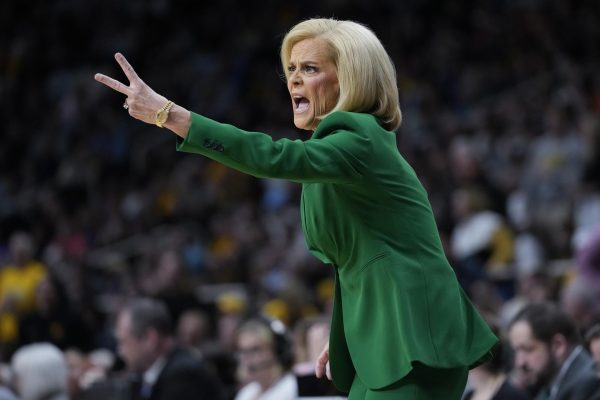What Parity?: The Futility of the NFL
If you are a fan of the NFL, there is a pretty good chance that you have already given up on following your team’s action this season. That’s because even though we are already twelve weeks into the season, roughly a quarter of the league’s teams have won a paltry three games or less. Any playoff aspirations that might have existed in Cleveland, St. Louis and Tampa Bay were extinguished long ago as the Browns, Rams, and Buccaneers have all slumped to 1-10 starts. The same can be said about the Chiefs, Redskins, and Raiders, each of whom currently possess a record of 3-8. At least things have improved in Detroit, where the historically inept 0-16 Lions of a year ago are now sitting (relatively) pretty at 2-9.
And apparently it’s not enough for these teams to simply lose week in and week out—they also try to look as bad as possible while doing so. For instance, the Raiders have been held to less than ten points six times this season, while the Rams have been held to less than ten points on five separate occasions. The Redskins are 3-8 through eleven games despite being the first team in NFL history to play their first six games of the season against winless opponents. And prior to their highly un-anticipated match-up with the Lions in Week 11, the Browns had mustered a grand total of five offensive touchdowns this year. Five! That’s two fewer than the seven total defensive touchdowns the Saints had already registered at the same juncture of the season.
And even though a great deal of publicity has deservedly been directed to the undefeated starts of the Saints and Colts, lost amid the hype in New Orleans and Indianapolis has been the integral role played by the incompetence of their divisional foes. The Saints have beaten up on the Bucs, the 4-7 Panthers, and the up-and-down Falcons all season long.
The same goes for the Colts, who have surely benefited from their biannual meetings with the inconsistent Jacksonville Jaguars, the perennially hopeless Houston Texans, and the previously 0-6 Tennessee Titans. Indeed, while the Titans’ resurgence under the inspiring play of Vince Young has been impressive, only in a historically bad year could a team that looked so incompetent in the most lopsided loss since the AFL-NFL merger—a 59-0 beat down at the hands of the Patriots—suddenly emerge as a serious contender for a playoff spot. And the funny thing is the AFC South and NFC South are not even the most unbalanced divisions in football. The AFC East and the NFC West share that distinction by each having only one team with a record above .500.
So while the play of the Saints and the Colts has certainly been compelling, an arguably bigger storyline this season has to be the new standard for futility set by the league’s profusion of cellar dwellers. While the advent of free-agency in 1993 was supposed to result in an increase of league-wide parity, it instead seems as if the NFL has sorted itself out into a distinct hierarchy consisting of six to eight moribund franchises, five or so legitimate Super Bowl contenders, with the rest middling somewhere in between. The result is that even though the season is almost three-quarters of the way over, it is still difficult to tell which teams in the middle of the pack truly belong there. Perhaps nothing better illustrates the bottom-heavy orientation of the NFL today than the fact that if the playoffs started today, the 6-5 Jacksonville Jaguars—a team whose accomplishments include an aggregate -53 point differential on the year and a 41-0 loss to the 4-7 Seattle Seahawks—would secure the final Wild Card spot in the AFC.
And yet, still the question looms: why exactly are there so many overwhelmingly terrible and inconsistent teams in the league this year? Surely this is a very difficult question, and probably one that lacks any straightforward answer. My hypothesis is that free-agency has created parity, but the result of this parity has been that once the talent-level on the playing field has been rendered relatively equal, greater room has been left for the influence of the coach, general manager, owner, and overall franchise infrastructure. As the Chiefs’ victory over the Steelers and the Raiders’ win over the Bengals in Week 11 illustrated, any team truly can win on any given Sunday. But, unfortunately, when you are a team as used to dysfunction and underachieving as the Lions or Browns, it is not easy to put up much of a fight once you get into early holes against superior opponents. How else to explain the Raiders losing by more than 20 points on four separate occasions? It has gotten so bad that even the bookmakers in Las Vegas have struggled to accommodate the ineptitude of several teams by failing to make the lines high enough.
If you are a fan of one of the aforementioned struggling teams, then surely you have given up on this year and already have your sights set on next season—after all, there is always the chance that your team may be able to replicate the recent turnaround in Cincinnati that few saw coming. But just don’t get your hopes up, because who knows when Rams, Bucs, Browns, Lions, Chiefs, Raiders and Redskins will finally get their acts together.









